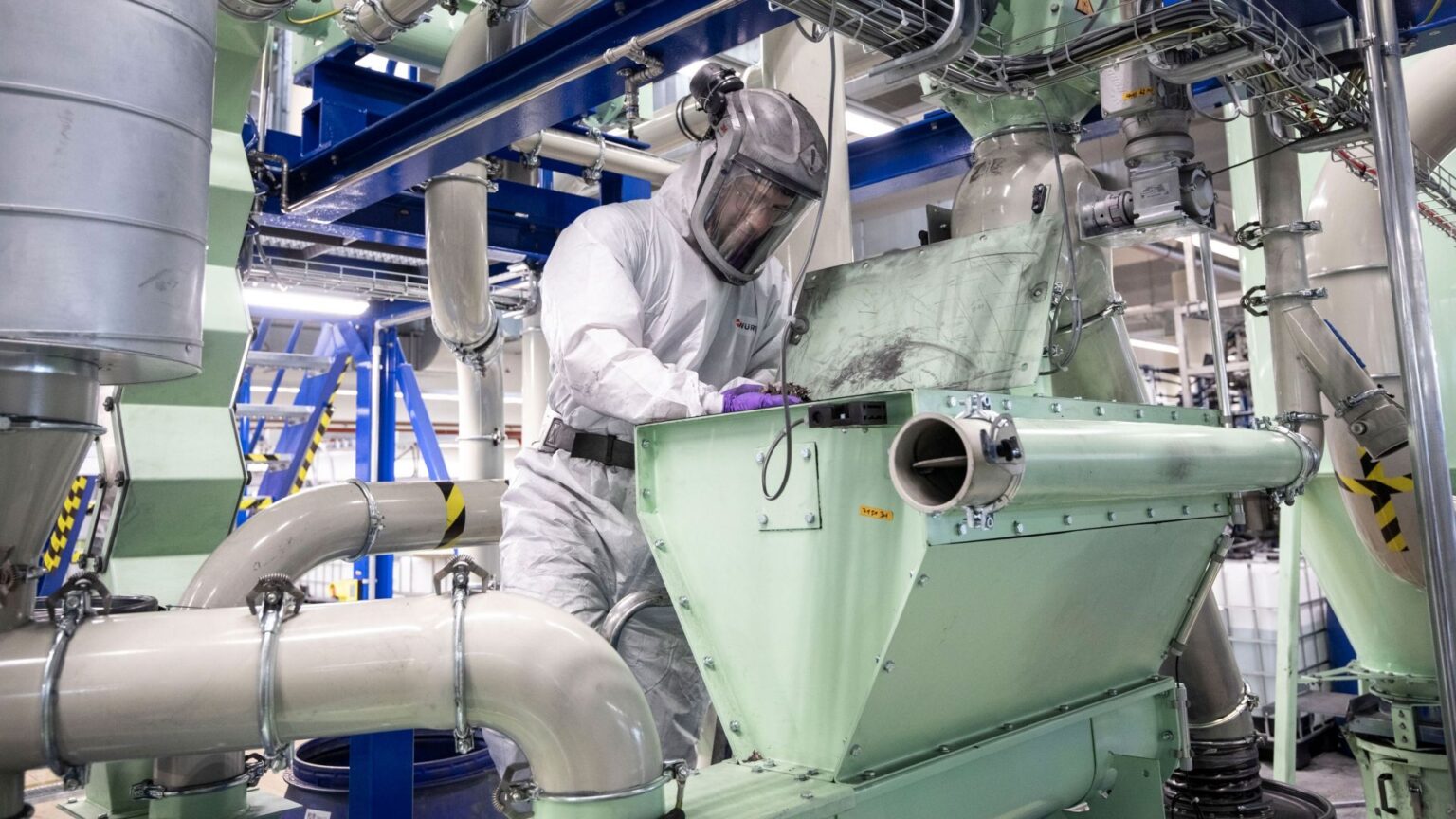Battery packs are the largest and most expensive part of nearly any EV (a Rolls-Royce Spectre with a custom-made, diamond-studded analog clock made by Rolex or whatever may cost more, but you get the point). These energy reservoirs are chockablock with huge amounts of rare and expensive materials, substances that absolutely should be reclaimed when an EV reaches the end of its useful life. Currently, lithium-ion battery recycling is a huge challenge, one that numerous companies are actively researching, including one German automaker famed for its sports cars.
Lithium-Ion Battery Recycling Is A Mission-Critical Technology
Porsche recently announced it’s started a pilot program that aims to recover the valuable materials contained in EV batteries. The goal is to create a so-called “circular economy” where high-voltage battery materials can be used to build new electric vehicles.
“Circular Economy is a core pillar of our sustainability strategy, and with this pilot project, we want to underscore our ambitions,” said Barbara Frenkel, executive board member for procurement at Porsche in a media release shared by the automaker. “With the help of innovative recycling processes, we strive to increase our independence from volatile and geopolitically unstable raw material markets.”
A Three-Step Process
Porsche is developing a three-step process to recycle end-of-life electric vehicle batteries. The first involves mechanically shredding old packs to create something called black mass. Depending on the battery chemistry, this materials mélange can contain varying amounts of cobalt, lithium, manganese, and nickel, among other things.
After shredding, the black mass is “further refined and separated into the essential raw materials for high-voltage battery production,” though Porsche does not comment on how it does this. There are various ways of reclaiming critical battery materials, from pyrometallurgical processes, where black mass is literally burned, to a hydrometallurgical process being developed by companies like Aqua Metals, where each substance is selectively electroplated out of a special solution.
After all that, Porsche is aiming to begin producing new battery packs that contain certain percentages of reclaimed materials. “This can extend the lifecycle of selected resources and further reduce the environmental impact of battery production,” the automaker noted in a statement.
Lithium-ion battery recycling makes perfect sense. Why throw away all the pricey materials contained in these energy-storage systems when an EV reaches the end of its life? But Porsche is researching this not just because of economic reasons, the company also wants to be ahead of regulatory changes. By 2031, new requirements for batteries are expected to go into effect in the European Union, and the automaker wants to be ready.
Read the full article here


